He was the son of a Welsh convict and a mother driven from Ireland by the potato famine, but the man who would change his name from Arthur Hoey Davis to Steele Rudd, began life as one of thirteen children at Drayton, near Toowoomba,Queensland. Whether he was interested or not in a formal education, the need to earn a living interceded and by the age of twelve he’d left school. By 15 years of age he was a junior stock-rider on a station on the Darling Downs, but somewhere along this track of horses, outback living and the need to grow up fast, his ability diverted him away from the life of a stockman. After a period of time working as a junior clerk in an intestate estates office in Brisbane, he was transferred to the sheriff’s office.

While there, he took up rowing as a hobby and went on to write a column in a local paper on the subject. Deciding he needed a pseudonym he adopted ‘Steele Rudder’, which was a mash-up of two very different things. The first name came from the English essayist Richard Steele, the second chosen because he wanted to include a reference to boats in his new name. Eventually, Rudder was changed to Steele Rudd, and the man who would become famous for the ‘On Our Selection’ stories was on his way to becoming an icon.
Rudd went on to use his own father’s experiences as a selector in the area of Emu Creek to write a series of sketches which The Bulletin published. They later collated the series into an illustrated collection which centered on the difficulties of a selector’s life. In Australian history, a selection was a ‘free selection before survey’ of crown land, however selectors often came into conflict with squatters who already occupied the land and often managed to circumvent the law. Within four years 20,000 copies of On Our Selection had been printed. It afterwards appeared in numerous cheap editions and by 1940 the number of copies sold had reached 250,000.

The stories were so popular that they were used as the basis for the Australian radio serial, Dad and Dave from Snake Gully. More often referred to as Dad and Dave, the series centered around two families living at Snake Gully, with episodes featuring national events such as Australia Day, The Sydney Royal Easter Show as well as the Snake Gully Cup. The characters and story-lines soon found a wide audience and with the distinctive theme tune, The Road to Gundagai, streaming across wireless sets four nights a week on Sydney’s 2UW a hit was born. Starting on 31st May 1937, the show ran for 15 years.
The stories that comprised On Our Selection may never have been adapted to radio were it not for the chewing gum manufacturer, Wrigleys. The company wanted a radio serial created that was Australian in character and would appeal to a national audience, and so Dad and Dave was born. Despite On Our Selection being made into a movie in 1920, and the publication of two further books, The Romance of Runnibede and Green Grey Homestead, Rudd was disappointed that these more serious novels were not taken up by the reading public. He died at Brisbane on 11 October 1935, aged 66, having struggled in his final years to make a living. It was a rather sad end for a man who wrote of the courage, optimism and humor required by those who embarked on a selector’s life and in doing so appealed to generations of Australians.

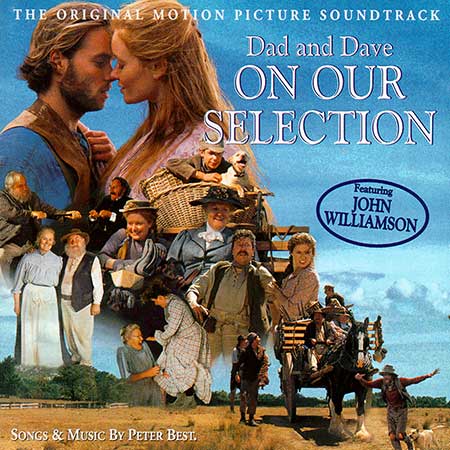
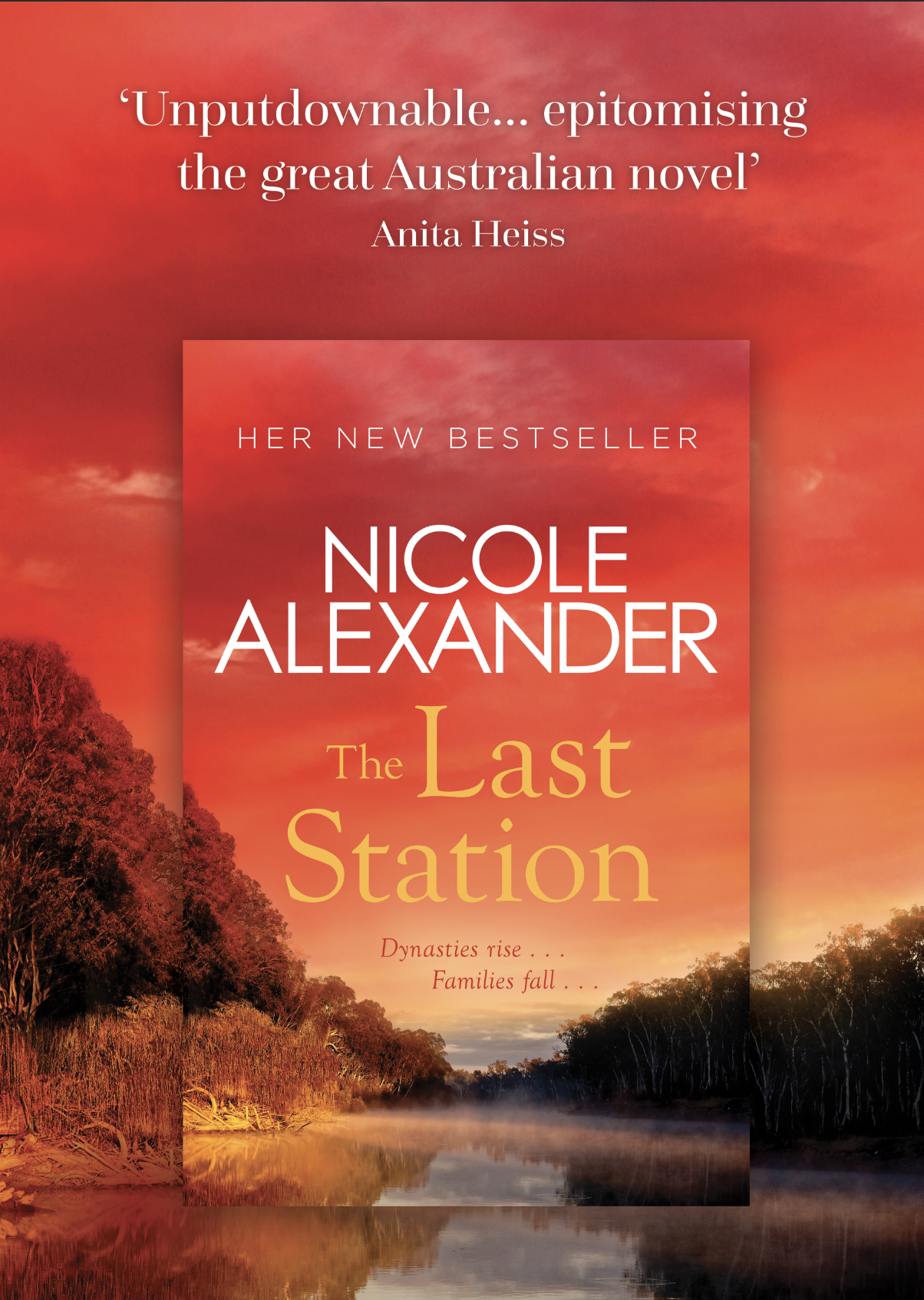
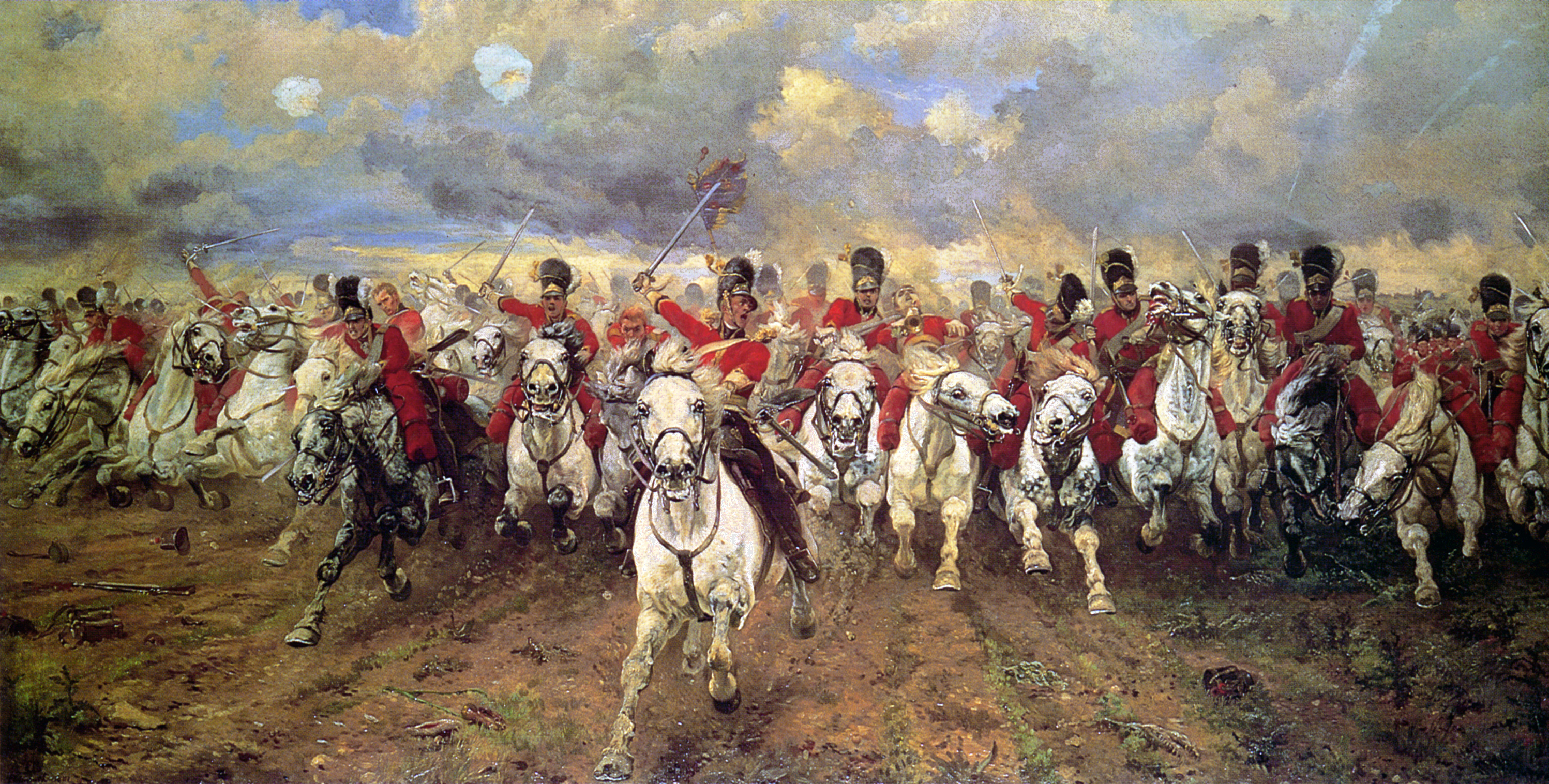
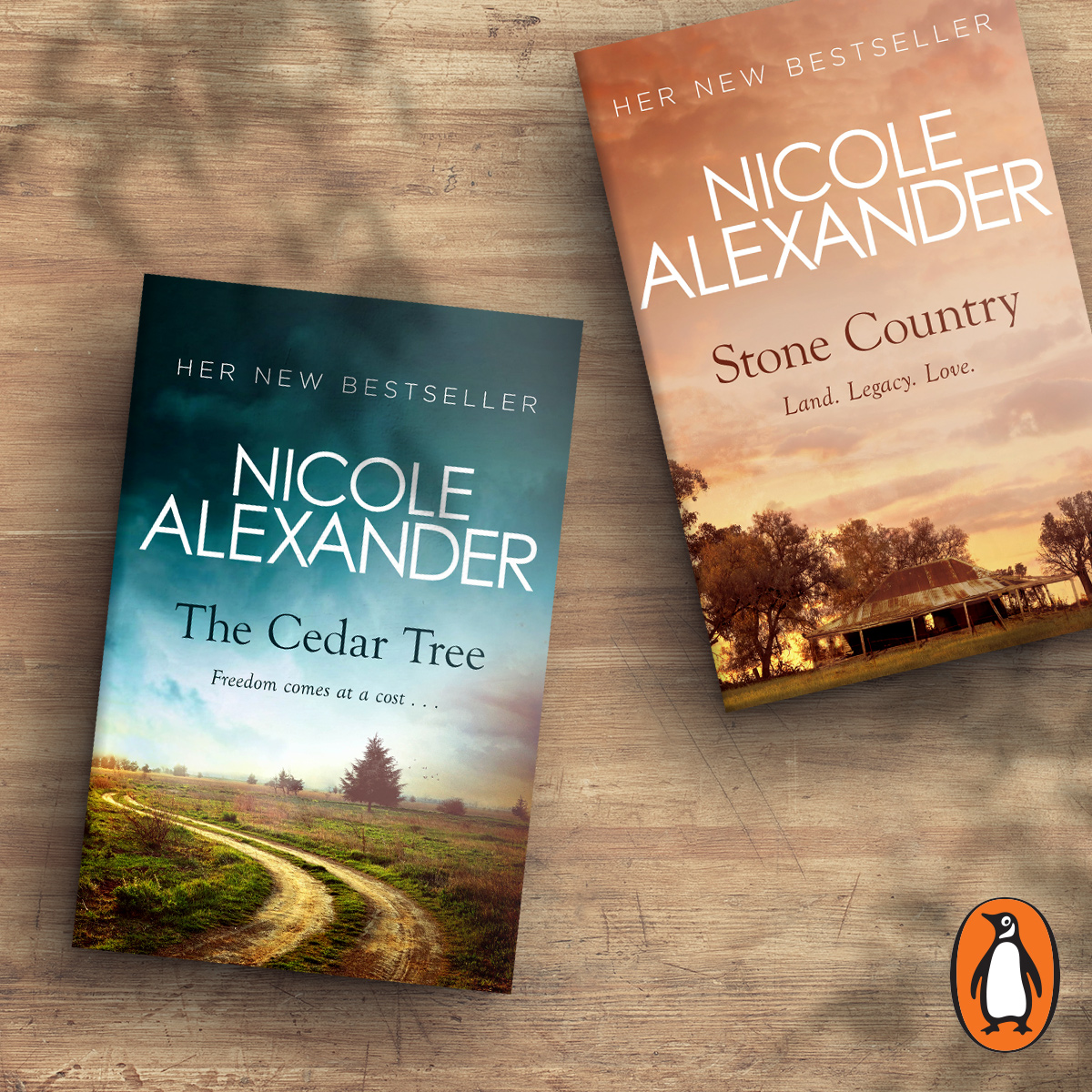

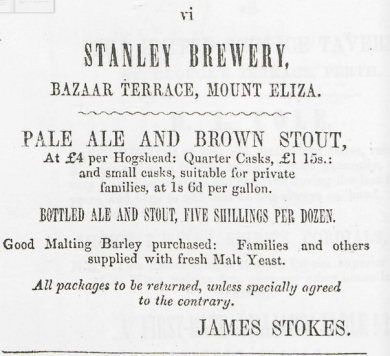
Leave A Comment